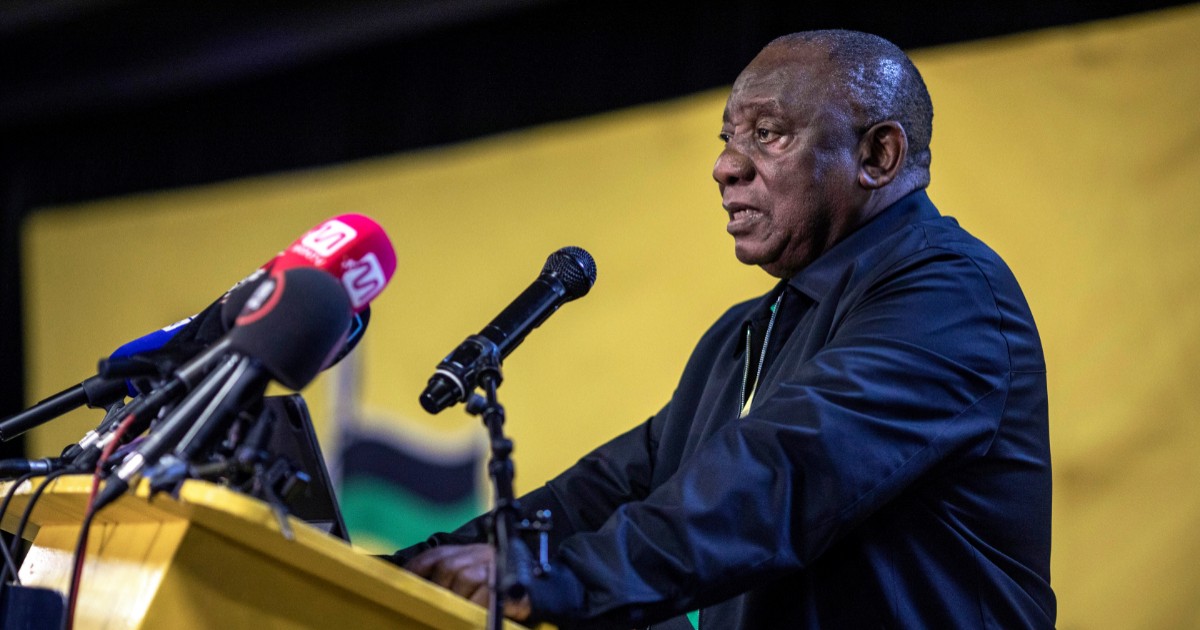“We are treating this as an emergency because it is one. The Economic War Room will ensure that government departments are held accountable, that delivery is tracked, and that South Africans see the impact of our actions,” Ramaphosa said.
The announcement comes as South Africa faces persistent unemployment, sluggish economic growth, and ongoing power challenges.
The rand traded relatively stable on Tuesday at around R17.21 to the dollar, supported by a rise in foreign reserves to $67.9 billion, up from $65.9 billion in August, slightly higher than analysts’ expectations.
Eskom wage tensions rise
In a parallel development, South Africa’s state-owned power utility, Eskom, is bracing for heated wage negotiations.
Eskom spokesperson Daphne Mokwena declined to discuss specific wage demands, saying talks had not yet formally begun.
Analysts warn that the standoff could reignite tensions in the energy sector, potentially disrupting the fragile power recovery that has brought relief to businesses and households.
ANC’s financial troubles deepen
Adding to the country’s growing list of crises, the ANC itself faces a potential insolvency battle.
Reports indicate that the party’s bank accounts have been attached to settle debts amounting to $4.5 million, which threatens access to over $55 million in state and private funding ahead of next year’s crucial local elections.
Party insiders fear the financial blow could weaken the ANC’s campaign capacity and deepen internal divisions.
Legal and financial hurdles
Meanwhile, lobby group AfriForum successfully obtained a temporary court order halting Eskom’s $2.8 billion settlement with the National Energy Regulator of South Africa (Nersa), calling the deal “unlawful and lacking transparency.”
The ruling has been hailed as a win for public accountability but may complicate Eskom’s financial restructuring efforts.
Separately, the Government Employees Pension Fund (GEPF) announced a temporary freeze on new “two-pot” withdrawal applications from October 7 to 21 for a system upgrade, although regular benefit payments will continue.
Despite these domestic challenges, the rand’s relative stability underscores investor resilience amid global volatility, a sign that, for now, markets are still giving South Africa the benefit of the doubt.

